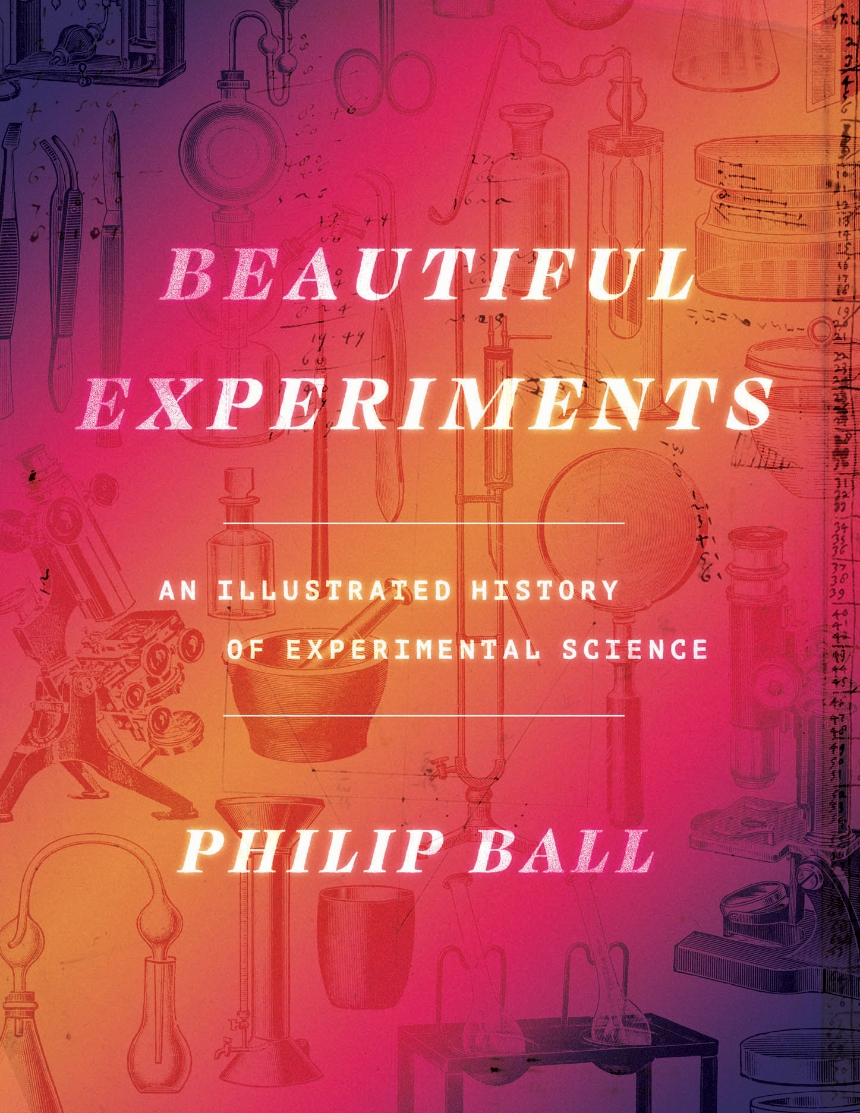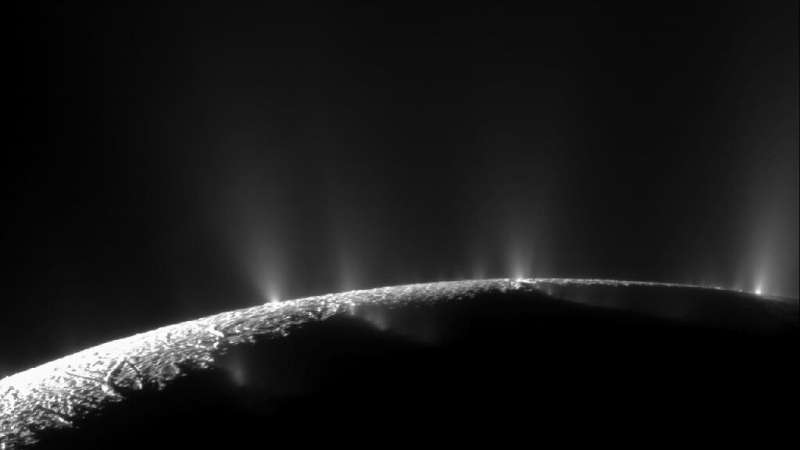Science writers have the sort of relationship to science that automotive writers do to cars. Readers often hear a thumbs up! or down! about one trend, theory, or school of thought. But in the rush and press of news, we less often hear a philosophical reflection that goes beyond cliches like “Science is self-correcting.” But, every now and again, we do. Here are three recent examples.
The “scientific method” is rather messier than we sometimes think…
Philip Ball, author of Beautiful Experiments: An Illustrated History of Experimental Science (University of Chicago 2023), discusses the messy truth about how theories win out in a recent article at Nautilus:

Scientists often assert that their practice is governed by the “scientific method,” in which one formulates a hypothesis that makes predictions and then devises an experiment to put them to the test. But this is a modern view, codified in particular by the “pragmatist” philosophers of the early 20th century like John Dewey and Charles Sanders Peirce. Later philosophers of science such as Paul Feyerabend question whether science has ever been so formulaic and argue that its ideas depend as much on rhetorical skill and persuasion as on logic and demonstration.
That unsettles some scientists, who insist on “experience”—observation and experiment—as the ultimate arbiter of truth. But although in the long run a theory that repeatedly conflicts with experimental observation can’t survive, in the short term theorists may be right to stick to their guns in the face of apparent contradiction. More often, supporters of rival theories might argue about the interpretation of an experiment. One party may triumph not because their interpretation is right but because they’re better at presenting their case. Or a scientist may reach the wrong conclusions from a correct and even elegant experiment just because they posed the wrong question. – Philip Ball, “What Is a Beautiful Experiment?” Nautilus, August 11, 2023
Politicizing science spurs loss of trust
We have been hearing for decades about the problems with shoddy research going undetected but the recent resignation of neuroscientist Marc Tessier-Lavigne as president of Stanford University due to a research scandal pushed it up the news cycle a ways. At his blog, Matt Ridley, author with Alina Chan of Viral: The Search for the Origin of Covid-19 (Harper, 2021), offers a look at how science has been losing the public’s trust. It’s from his paywalled interview with Tunku Varadarajan at Wall Street Journal (July 23, 2021), where he talks about the effect of the COVID-19 pandemic:

But there’s a “tension between scientists wanting to present a unified and authoritative voice,” on the one hand, and science-as-philosophy, which is obligated to “remain open-minded and be prepared to change its mind.” Mr. Ridley fears “that the pandemic has, for the first time, seriously politicized epidemiology.” It’s partly “the fault of outside commentators” who hustle scientists in political directions. “I think it’s also the fault of epidemiologists themselves, deliberately publishing things that fit with their political prejudices or ignoring things that don’t.” …
One motivation: Pessimism sells. “You don’t get blamed for being too pessimistic, but you do get attention. It’s like climate science. Modeled forecasts of a future that is scary is much more likely to get you on television.” Mr. Ridley invokes Michael Crichton, the late science-fiction novelist, who hated the tendency to describe the outcomes of models in words that imply they are the “results” of an experiment. That frames speculation as if it were proof. – Matt Ridley, “How science lost the public’s trust” Matt Ridley, July 23, 2021
Politics marketed as science is probably a bigger source of loss of public trust right now than ignorance or prejudice are. People want to believe science has answers when they know that politics doesn’t.
Can science really have all the answers?
John Horgan, the author (famously of) The End of Science (Addison-Wesley 1996) and a number of other books, has often been willing to say some blunt things about the sacred cows of science. But last week was fiery even for him. He took aim at the notion that science can explain everything:
For years I believed this claim, partly out of deference to the scientists propagating it, but also because the prospect of a final revelation thrilled me. Eventually I had doubts, which I spelled out in The End of Science and other writings. Now I see the vision of total knowledge as a laughable delusion, a pathological fantasy that should never have been taken seriously, even though brilliant scientists propagated it. – John Horgan, “The Delusion of Scientific Omniscience,” Cross-Check, August 13, 2024
At one time, as he says, it was a comparatively popular view, but stifled of late. What dampened it?
But the concept of scientific omniscience was flawed from the start. Read Brief History [of Time] and other books carefully and you realize that the quest for an ultimate theory had taken physicists beyond the realm of experiment. String theory and other major candidates for an ultimate theory of physics can be neither experimentally confirmed nor falsified. They are untestable and hence not really scientific. And more than century after discovering quantum mechanics, physicists still can’t agree on what the theory actually says about the world. – Horgan, August 13, 2024
He adds that we have made no progress on how life began or how consciousness exists.
On reflection, it’s not possible that science can explain everything. For one thing, what there is to know expands with what we learn and will expand again when we learn more. The 19th century British poet Alfred, Lord Tennyson (1809–1892) put it like this:
I am a part of all that I have met;
Yet all experience is an arch wherethro’
Gleams that untravell’d world whose margin fades
For ever and forever when I move.
– “Ulysses”
And, of course, sometimes we are searching for things that are not there. If life required an intelligent origin, then the search for the (unintelligent) origin will never succeed., If consciousness is an immaterial reality, the search for a material “explanation” won’t succeed either. That’s not the end of science; it just means that the world we live in is not quite what we thought.
At any rate, science writers can be quite interesting when they allow themselves to play around with ideas a bit.
You may also wish to read: Science is self-correcting? Time for a reality check! In the wake of the Stanford scandal, the reasons why science often ISN’T self-correcting are attracting much more attention. Decades ago, better informed people trusted ongoing science research. Today, “Trust the Science!” is becoming a jibe — and for good reason.




